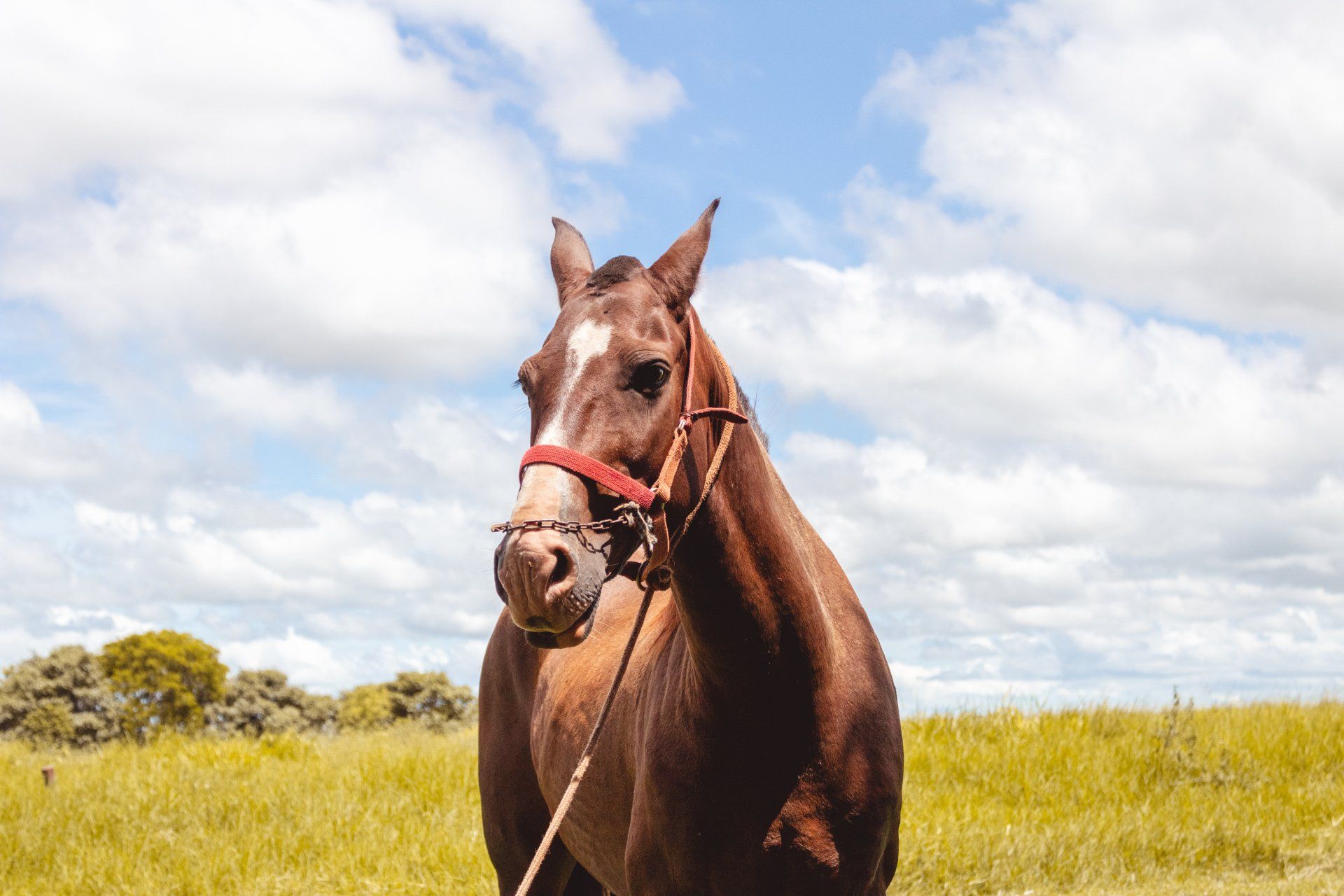Coggins Testing
Many people are familiar with the term Coggins Test, but what does it actually mean?
A Coggins Test is named after Dr. Leroy Coggins, who developed the testing methods in the 1970s. The test must be performed by an appropriately certified veterinarian, who participates in the APHIS accreditation program. Most large animal veterinarians are certified, while most small animal exclusive veterinarians are not.
A physical examination is often performed. Following the physical examination, a form is filled out to identify the horse as specifically as possible. This involves a written description, a drawing of various markings, the horse's name, the breed, color and registration number (if available). Once this has been completed, a small blood sample is obtained from the jugular vein in the neck of your horse. This sample is then separated and the serum is sent to an approved laboratory for testing.
We often obtain results in about a week. These results are available via fax at that time and the original is available once the forms are mailed back to the veterinarian.
This actually tests for EIA (Equine Infectious Anemia). This is often referred to as "swamp fever." EIA ia a virus that is transmitted via blood, saliva, milk and other body secretions. The main way that this virus is transmitted is through biting flies. (Horse flies and deer flies). It can also be transmitted via shared needles, which occurs when somebody does not use a new syringe and needle to adminster medications. EIA can also be transmitted through "live cover" mating.
Coggins testing is often required for showing and transport. Various regions of the country have various guidleines, with testing required either every 12 months or every 6 months. Breeding facilities may require negative testing prior to approving a mare or stallion for their breeding program.












